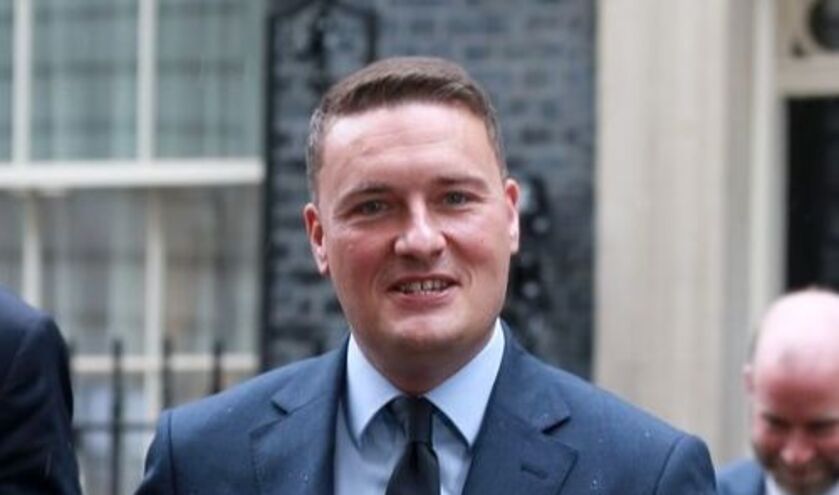The investigation, which is to be led by Baroness Amos, was announced in June 2025 by health and social care secretary Wes Streeting.
Streeting said: ‘Every single preventable tragedy is one too many. Harmed and bereaved families will be right at the heart of this investigation to ensure no-one has to suffer like this again.'
The 14 trusts have been chosen on a range of factors, including data and metrics, such as the CQC maternity patient survey and MBRRACE-UK perinatal mortality rates, as well as criteria to determine a diverse mix of trusts.
Three trusts – Shrewsbury and Telford, East Kent Hospitals and University Hospitals of Morecambe Bay – have been chosen where previous investigations have taken place and learnings from these will be incorporated in the new investigation.
The 14 NHS trusts are: Barking, Havering and Redbridge University Hospitals NHS Trust; Blackpool Teaching Hospitals NHS Foundation Trust; Bradford Teaching Hospitals Foundation NHS Trust; East Kent Hospitals Foundation NHS Trust; Gloucestershire Hospitals Foundation NHS Trust; Leeds Teaching Hospitals NHS Trust; Oxford University Hospital NHS Foundation Trust; Sandwell and West Birmingham Hospitals NHS Trust; The Shrewsbury and Telford Hospital NHS Trust; The Queen Elizabeth Hospital, King's Lynn NHS Foundation Trust; University Hospitals of Leicester NHS Trust; University Hospitals of Morecambe Bay NHS Foundation Trust; University Hospitals Sussex NHS Foundation Trust; and Yeovil District Hospital NHS Foundation Trust / Somerset NHS Foundation Trust.
The investigation will run alongside a National Maternity and Neonatal Taskforce – set up and chaired by the health and social care secretary and made up of a panel of esteemed experts and families which will address several issues facing maternity care in England – including inequalities facing women from Black, Asian and deprived backgrounds face, and wider concerns over a lack of compassionate care and safety.
Rory Deighton, director of the acute network at the NHS Confederation said: ‘NHS leaders and their teams work very hard to keep mothers and their babies safe but accept that there needs to be improvements in maternity services. There are ongoing challenges around safety, equity and staffing shortages and this inquiry presents an important opportunity to support front-line maternity services to improve where needed.
‘It's vital that we learn from failings in maternity services so that care can be made safer for all women and babies. That's why this inquiry needs to be about learning and it needs to develop a package of support that leads to sustained improvements in maternity care. There is much good practice to build on, but NHS leaders know that women are not universally receiving the quality of care that they should be getting.'
Liberal Democrat hospitals and primary care spokesperson Jess Brown-Fuller said: ‘We welcome the Government's acknowledgement that the crisis in our maternity units cannot be ignored any longer but their review goes nowhere near far enough. There needs to be a statutory national inquiry to lay out the issues facing wards across the country.
‘Any review cannot be a substitute for action, this is a problem that is already upon us and affects people everyday. The Government needs to reverse their cuts to key maternity improvement funding and to implement all of the actions from the Ockenden Review immediately.'



